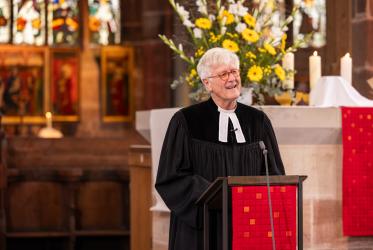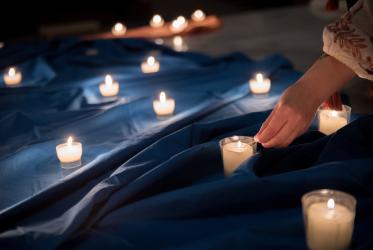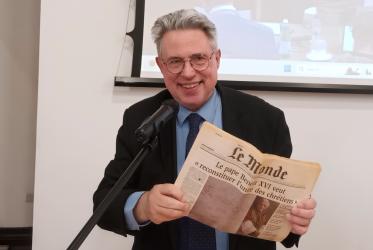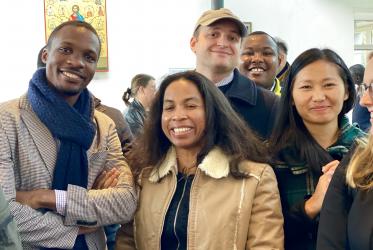Displaying 1 - 20 of 152
ÖRK fordert internationale Hilfe für Flüchtlinge aus Bergkarabach
14 November 2023
Uppsala 1968: tal como predijo la canción, los tiempos estaban cambiando
19 September 2022
Uppsala 1968: Die Zeiten ändern sich
19 September 2022
Uppsala 1968: c’était le temps des changements
19 September 2022
Uppsala 1968: The times, they were a’changing
06 September 2022
WCC 11th Assembly opens—and “nothing can separate us from God's love”
01 September 2022










